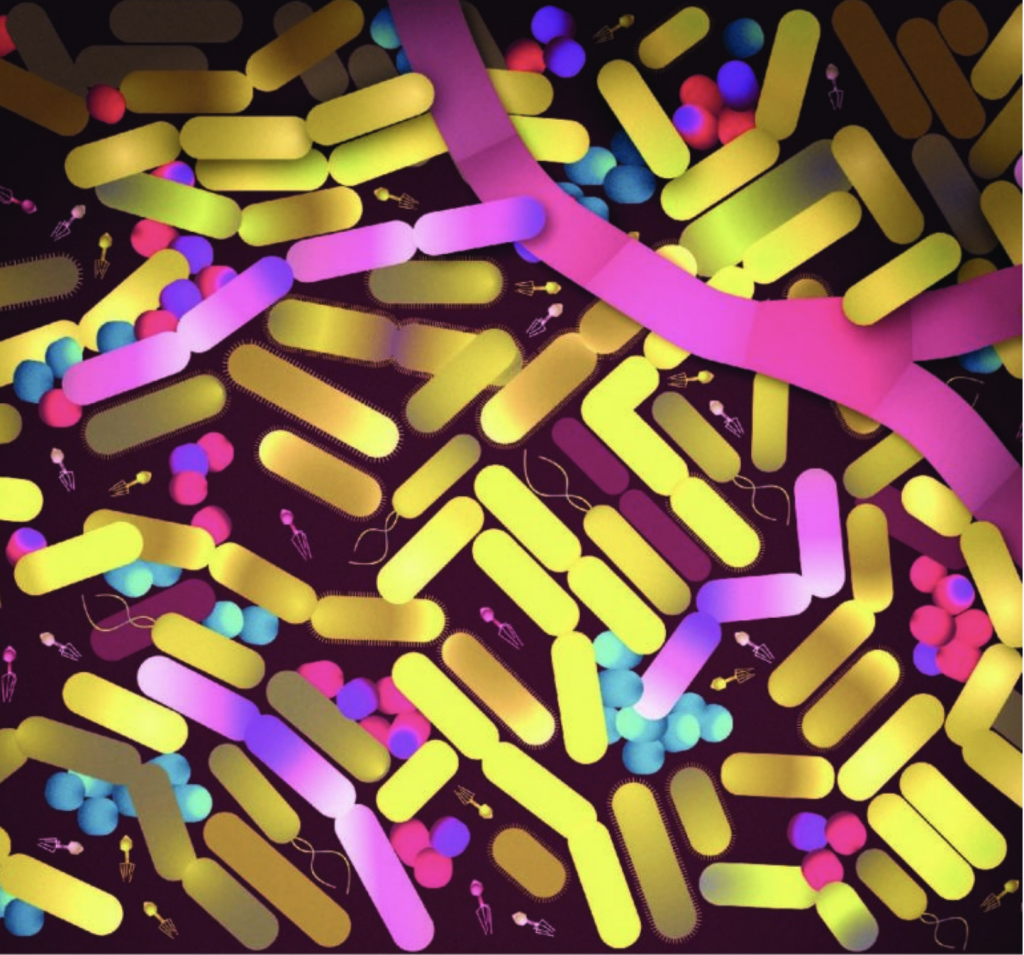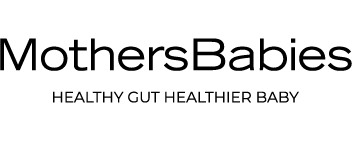We are what we eat – what is the best diet for gut microbiome health and the function of our immune system?

In the last few decades diets have come in and out of fashion and different people propose different diets for different perceived real or unclear health benefits. But what does the science say?
The introduction to solid foods and gut microbiota stability

The first 1-3 years of life is an important period for the development of our gut microbiota. During this critical time, gut microbiota development progresses from it being a relatively simple microbial community that is less rich and diverse, to a one that is high in richness and diversity.
Diet and Microbiota

The human gastrointestinal tract is the home for trillions of bacteria that are continuously shaped by different factors and amongst these factors is the particular dietary habit followed.
Breastfeeding and the infant gut microbiota at 12 months of age

Feeding human milk to newborn infants has important nutritional, physiological, immunological and psychological benefits that may impact on their long-term growth and development.
The development of a baby’s gut microbiome and immune system and the role of beneficial bacteria, Bifidobacteria

A 2020 study of 88 African American babies during the first month of life included babies who were full term (>37 weeks) with no major genetic abnormalities.
The Persistent Effects of Birth Mode on Gut Microbiota Composition, Immune System Development and Antimicrobial Resistance

It is believed that mode of birth (Vaginal or Caesarean) has a significant effect on early gut microbiota acquisition and development. Globally, the rate of caesarean birth is consistently increasing as a result of multiple factors. Among these factors are the increase in the overall income and the easy access to health facilities. In 2015, around 29.7 million births happened by caesarean, accounting for about 18% of the births in 169 countries.
Early Microbiota Colonization and Gut Metabolome

It’s believed that the status of our health in later life is associated with the first bacteria that colonize our gut.
High Fat Diet, Obesity and Microbiota

Nutrition during pregnancy is one of the most important factors that play a significant role in the early developmental process through the regulation of epigenetic mechanisms during pregnancy and neonatal periods.
The role of Bifidobacteria in HMOs utilization and systematic immune upregulation

Among the most abundant members of the gut microbiota that colonize the gut of infants during early days of life are Bifidobacteria, which are believed to play a major role in the development of the immune system
Is probiotic supplementation during pregnancy important for labour?

Is Probiotic Supplementation During Pregnancy Important for Labour? Written by Dr Fathalla Ali, PHD Paediatrics 9/9/2020 Adaptation of the maternal immune system to the developmental change during pregnancy is an important factor for a successful pregnancy. During this period, the immune system should remain tolerance to the fetal allograft and adapt to immune functions against […]





